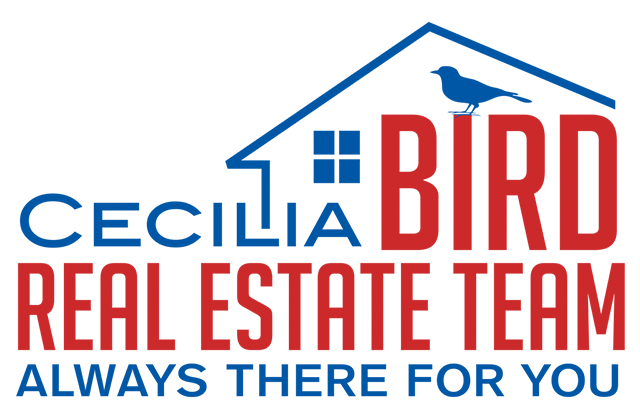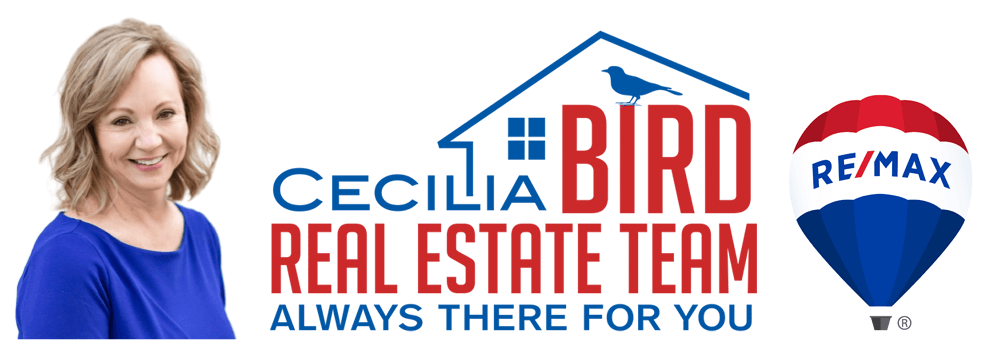After you have found a home, your financing has been approved, and the seller has accepted your offer, the last step before you move into your new home is closing.
Closing, also known as settlement, is the process of ultimately handing over ownership of a property from the seller to the buyer.
There are quite a number of costs involved in this process, and as a buyer, you’ll want to know what you are expected to pay for in advance so that these costs don’t catch you by surprise.
Remember you may be able to negotiate who pays for these costs with the seller. Here is a breakdown of the typical closing costs when buying a home in Georgia.
Appraisal Fee
This is money that you pay for a professional valuation of the property. Getting an appraisal done is a requirement when applying for a mortgage.
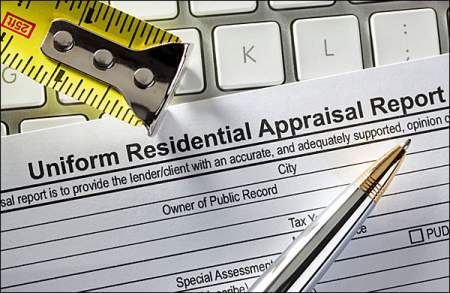
It is the lender’s technique of assessing if the home is worth the amount you have agreed to pay for it.
You might have already paid for this during your loan application, but if not, you clear it at closing.
Appraisal fees typically range from $400 -$600 depending on the appraiser.
Home Inspection Fee
In addition to your appraisal, you may be required to hire a home inspector.
Lenders who ask for home inspections use the home inspection report to gauge whether your home is structurally sound and livable.
A home inspection fee costs anywhere between $300 -$500, but the exact amount often depends on the size of the home and where it is located.
Sometimes a seller may offer to pay for the home inspection as a sign of good faith.
Survey Fees
Some lenders require that a survey is done to determine the exact boundaries of the parcel of land the home sits on.
A survey report is also used to locate any future improvement on the property and easements that could affect future enhancements, such as access roads.
Related: Six Steps to Buying a Home in Georgia
Title Insurance Fees
These fees cover the title insurance, title search, title examination, documentation, and other miscellaneous title related costs.
The title insurance protects the buyer from any past title defects like undisclosed inheritors and forged documents.
Sellers and buyers often negotiate who pays for the title insurance.
Homeowners Insurance
Before closing, the insurance company covering the home will issue the buyer with an insurance quotation.
The buyer has to cover the first year’s premiums at closing.

PMI Premium
If you purchase a home that has a low down payment, a lender requires that you pay a certain sum of money for mortgage insurance.
This fee covers the lender against losses caused by a foreclosure.
Once the buyer has acquired 20% equity in their new home, they can typically apply for the elimination of this insurance.
Prepaid Interest Fee
This particular fee covers payment for the loan interest from the date of the purchase to the date of the first mortgage payment.
One thing to note is that paying your home at the beginning of the month will have you paying a substantially higher interest fee than if you buy at the end of the month.
| Pooler | Richmond Hill | Savannah |
Credit Report Fee
A credit report fee caters for the cost of acquiring the credit report that your lender requests.
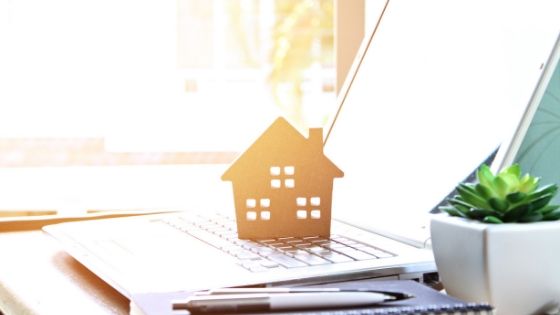
Although you can monitor your credit score yourself, your lender will get your report themselves and apply their risk analysis techniques to evaluate your creditworthiness.
You might have covered the credit report fee during your loan application, but if not, you pay for it at closing.
Loan Origination Fee
This charge is used to compensate a lender for processing your mortgage. It is likely that this is the largest closing fee that you will encounter.
Lenders use it as their primary way to make money during the mortgage process.
It is paid upfront and ranges between 0.5% and 1% of the total mortgage.
Loan Discount
If you have chosen to pay points to reduce your loan interest rate, you will have to pay the loan discount charge as a one-time charge.
Every point you buy equals one percent of the total mortgage.
Transfer Fees
This is similar to a sales tax.
It is a fee charged by the government for selling or transferring the ownership of a property.
Attorney Fees
When buying a home in Georgia, it is a requirement that you have an attorney present during closing.

The attorney represents the buyer, the seller, or the lender, and handles any closing related documents to ensure the process is smooth.
He/ she is also equipped to handle any problems that might arise during the purchase process.
Escrow Account
When doing any significant transaction, like buying a home in Georgia, it is imperative that you carry out the transaction through escrow.
There are two types of escrow accounts in the home buying process. These are the mortgage escrow account and the real estate escrow account.
The real estate escrow account is managed by a third party, separate from the seller and the buyer and is intended to protect both their interests. It holds all the funds, paperwork, and instructions necessary for the transaction, including the title deed and the down payment.
The mortgage escrow account, depending on your neighborhood, will be set up by your lender to cater to some property related payments on your behalf.
Homeowners Association (HOA) Fee
In some neighborhoods, it is a requirement that you join an HOA which helps in the maintenance of the buildings and common spaces.
Your lender might list HOA fees in your loan estimate, which you will have to pay monthly.
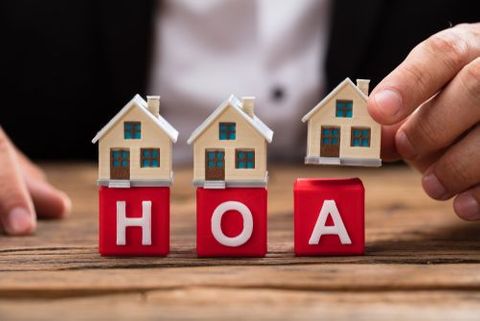
In Conclusion
As you can see, purchasing a home can be a significant investment.
Before proceeding to buy a home, make sure you talk to a real estate professional to get a clear understanding of how much you will be required to pay during the closing of your prospective home.
Some of those costs can be negotiated with the seller during the offering stage, and in some cases, the seller may even agree to cover all your closing costs.
Have Questions? Ask The Cecilia Bird Real Estate Team!
The Cecilia Bird Real Estate Team is the best source of information about the local community and real estate topics. Give them a call today at 912-604-1967 to learn more about local areas, discuss selling a house, or tour available homes for sale.

